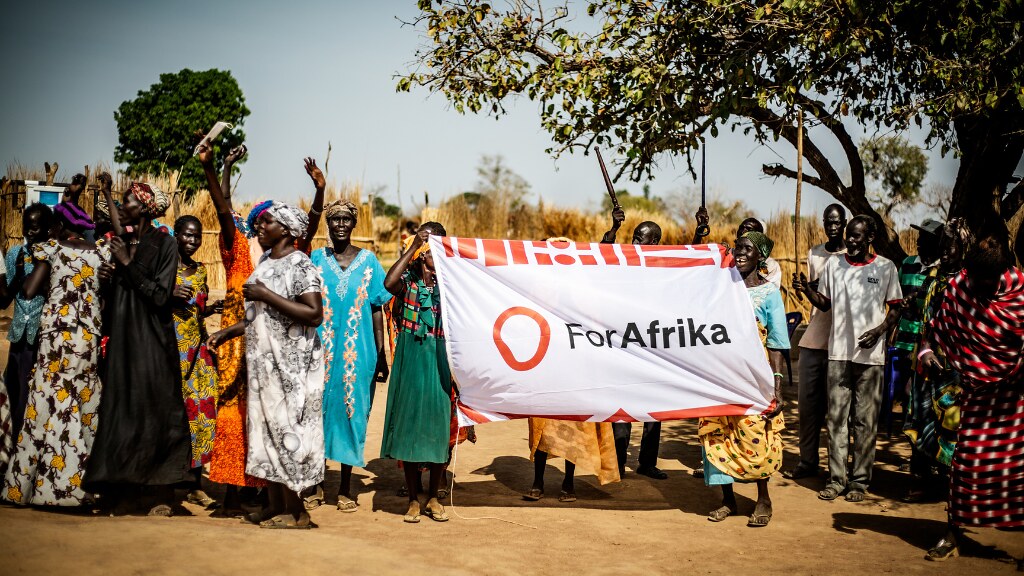We are delighted to announce ActNowFilm2 – a global youth voices film lead by the University of Bath Institute for Policy Research (IPR) and Cambridge Zero – has partnered with ForAfrika.
Supported by the UK Universities Network (UUCN), ActNowFilm2 is a short film compiled of intergenerational conversations from around the world in which young and older people share their experiences of climate change in their lifetimes.
It follows on from the success of ActNowFilm, which premiered last year at the Global Alliance of Universities on Climate Youth Summit; COP15 on Biodiversity; Climate Week NYC; and the UN Climate Change Conference (COP26).
ForAfrika is the continent’s largest indigenous organisation and has been working towards an Africa that thrives for almost 40 years through a variety of locally led programmes that address the barriers people face and lead to equitable growth and transformation.
In partnering with ForAfrika, ActNowFilm2 seeks to help amplify the voices of young people from across Angola, South Africa, Mozambique, Uganda, South Sudan, and more, and share their lived experiences of climate change with negotiators at COP27.
One of the lead producers, and Head of Policy Programmes and Communications at the IPR, Amy Thompson, explains:
"Through this partnership we will be able to connect with people living across many countries in Africa whose lives have been seriously impacted by climate change. By listening to their conversations and hearing about their personal experiences we hope to show the realities and impact of climate change on their lives. It is our hope that the climate negotiators at COP27 will hear their stories and take decisive action."
Chief Communications Officer at ForAfrika, Fiona Hannig, adds:
"While Africa has contributed the least to global warming, it is the continent most vulnerable to the effects of climate change. We have seen across all our programme countries how floods, severe storms, drought or locust invasions have decimated people’s lives and their livelihoods. We need to educate world leaders that their actions – or inaction – has a serious impact on the Earth with grave consequences for all those who inhabit it."

